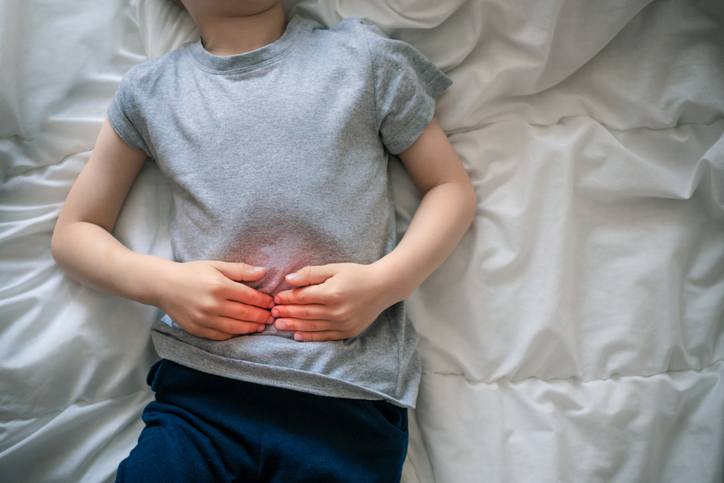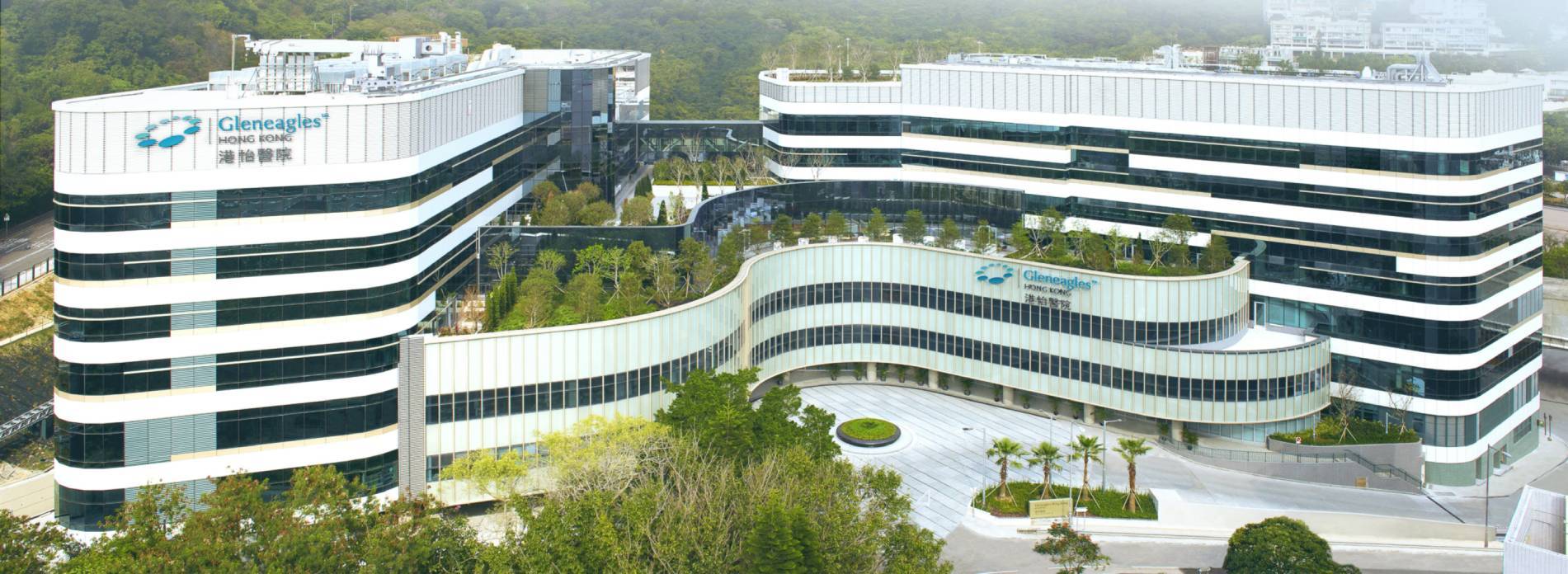Is Helicobacter pylori (H. pylori) a major potential cause of stomach pain in children?

Because persistent stomach pains or acid reflux can be symptoms of H. pylori, some parents worry that this infection might be the source of their child's frequent stomach aches. However, according to Dr Phillip Sham, a Paediatric Specialist at Gleneagles Hospital Hong Kong, parents can rest easy, because more than 90% of stomach aches experienced by children under the age of five are not related to an H. pylori infection.
For example, Dr Sham says, after one patient sought medical treatment for severe stomach pains, a gastroscopy revealed the cause to be a gastric ulcer, and laboratory tests further confirmed an H. pylori infection. "As a parent, he was worried that his beloved four-year-old daughter might also be infected, so he took her to a paediatrician, hoping to arrange for her to be tested."
However, Dr Sham does not recommend this approach. "I would not generally order an H. pylori test for children who are not exhibiting any symptoms. Even if a child is experiencing abdominal pain but shows no other symptoms, I still would not suggest including this test as part of a routine health check. In fact, under international guidelines, most children are only eligible for this test after they have been diagnosed with a stomach or duodenal ulcer."
According to Dr Sham, the most direct way to diagnose a gastric or duodenal ulcer for both children and adults is an upper gastrointestinal endoscopy, commonly known as a gastroscopy. For the examination, the patient is sedated with anaesthesia. Then, the doctor inserts an endoscope down their throat and into the stomach and duodenum, which they use to check various regions for signs of an ulcer and to extract tissue for testing. This procedure is very safe. However, although the risks of performing a gastroscopy are the same for both children and adults, the examination process may be very unpleasant for children.
The main reason parents worry about H. pylori is the fear that it might lead to stomach cancer. However, Dr Sham says, compared to adults, children have a very low risk of developing this cancer. In addition, of those children who do have H. pylori and receive proper medical treatment, up to 20% will be re-infected within a year. Therefore, testing for H. pylori is not an effective way to reduce your child's risk of cancer. Doctors must consider whether further examination is needed based on each child's growth, appetite, and presence of anaemia.
If a doctor does confirm that your child is infected with H. pylori, the treatment would be the same as that for an adult – one kind of antacid and two kinds of antibiotics, lasting 10 to 14 days. "Although the course of treatment is fairly short, there are actually many potential problems with taking medication for two weeks," Dr Sham notes. "First, most children have trouble complying with the treatment because the medicine does not taste good and is difficult to swallow. Thus, parents will need to spend a lot of time ensuring their children actually take their medicine. In addition, the stomach medication and antibiotics can cause side effects such as gastrointestinal discomfort and vomiting. Furthermore, even if the medicine successfully treats the H. pylori, the stomach may release more stomach acid later, causing further abdominal pain."
After the course of treatment concludes, the paediatrician may consider a breath and stool test to confirm whether the H. pylori has been successfully eliminated. If everything goes smoothly, the whole process generally takes about 10 minutes.





